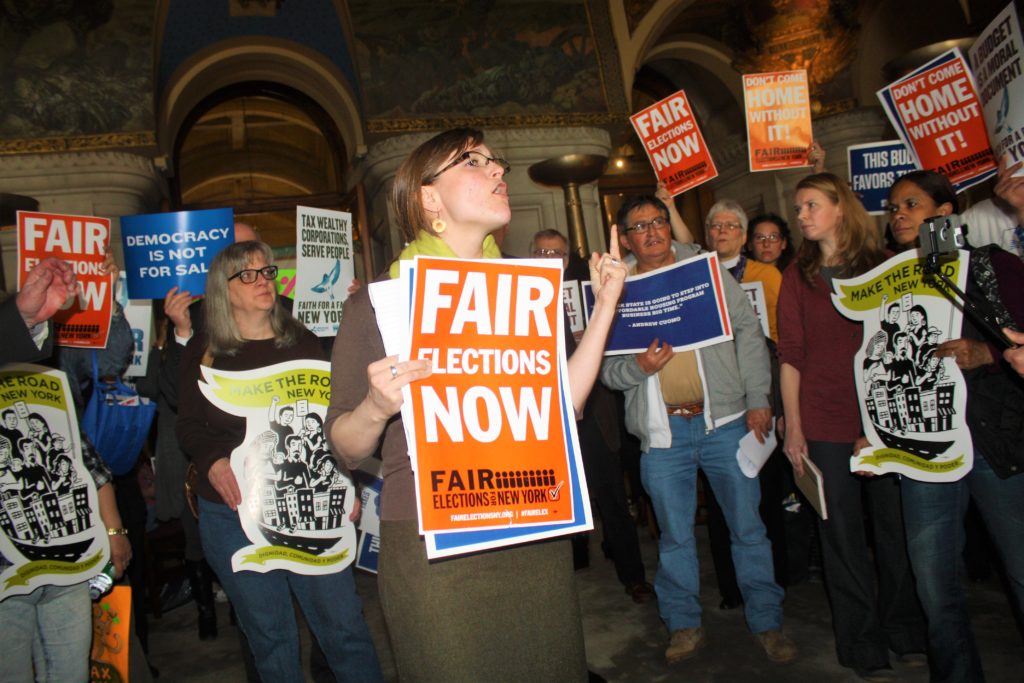
If there is one thing I am worried about, it’s the possibility that Donald Trump will once again be “elected” president of the United States. The man is a tyrant. The January 6th Committee has shown without a doubt that Trump doesn’t play fair and is willing to cheat. Let’s face it — there was a real attempt by the Republican Party to steal the election and they aren’t finished. It’s clear that there are many ways to put the fix in. All they have to do is make rules that will ensure that their side will win. The instrument to do that in many states, mostly red in color, is the state legislature which sets the rules. As the old saying goes, “Money talks, all others walk.”
When you assert that you stick to fair and democratic procedures but in actuality, you load the game so that you will win, you undermine people’s faith in our democratic institutions and do grievous harm to system of government. When that happens, you are dealing a mortal blow to our ability to fairly govern ourselves.
You and I both know that it’s all about money. The more you have, the better your chances to win. You can spend it on television advertising or in newspapers or putting your message online. You can hire lobbyists and public relations people. The problem is that there is inevitably a quid pro quo involved. In many cases, politics has become a “fee for service” arrangement. If you want something, you find some money to make it happen and if that means supporting someone’s run for public office with that money, that’s what you do. Those with reservoirs of money have a lot more power than those who do not share their good fortune.
Lobbyists are often the direct representatives of those with the most resources. We know that the people who frequent the offices and hallways of the federal and state legislatures are often working for the highest bidder. Funny how many ex-legislators become lobbyists. There are, of course, what we call “goo-goo” (good government) lobbyists who play for the good guys but sooner or later, in order to make gains in the legislative game, some of these good government groups will adopt methods that many of us might consider not quite kosher.
To be sure, there have been band aid “fixes” to our laws — rules and procedures that have been put in place to make things seem fairer, but we all know that nothing has really changed. Most people don’t have an even chance to set things right. There are groups, as mentioned above, that pay their leaders well to appear to be trying to make democracy work.
I have spent a lot of my life telling groups how to win in the public policy game. Some of these techniques are pretty obvious. One such way is to flood newspapers with letters to the editor espousing personal political priorities. Then again, I have always believed that newspapers and other media outlets have their own priorities. Placement of letters and editorials is a pretty good tip off about the priorities of the news outlet. I would qualify that last sentence by saying that there are good and fair publishers and editors who really do try to do the right thing.
So in the end, our system of government is a loaded one. Surveys show that people are deeply suspicious about the way in which the whole thing works. Years ago, a young activist named Peter Berle wrote a book entitled, Does the Citizen Stand A Chance? The answer, it seems, is “sometimes.” I’ve been around long enough to know corruption when I see it and I suspect things will not be changing anytime soon.









